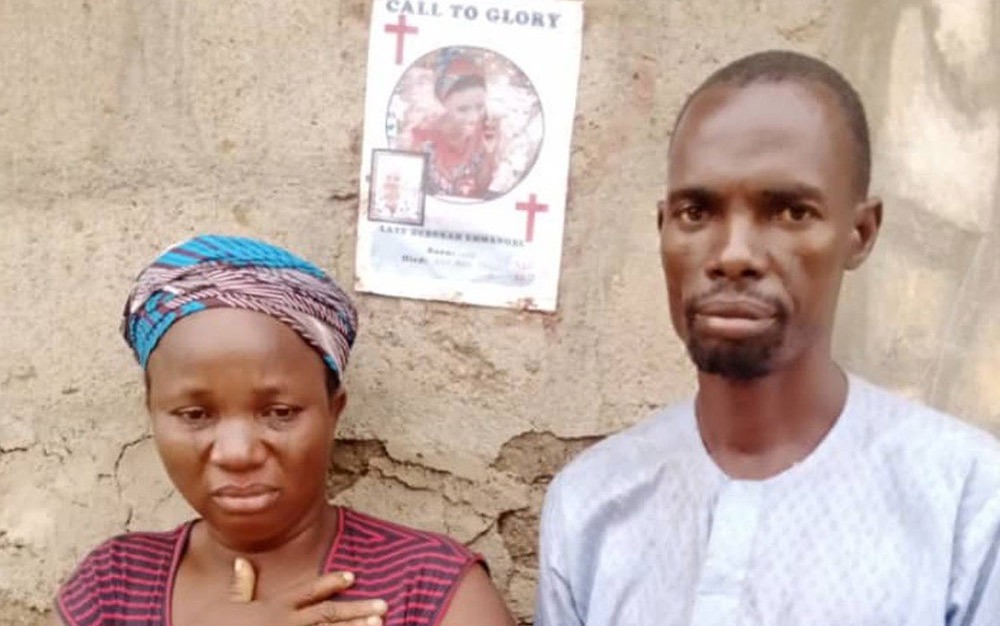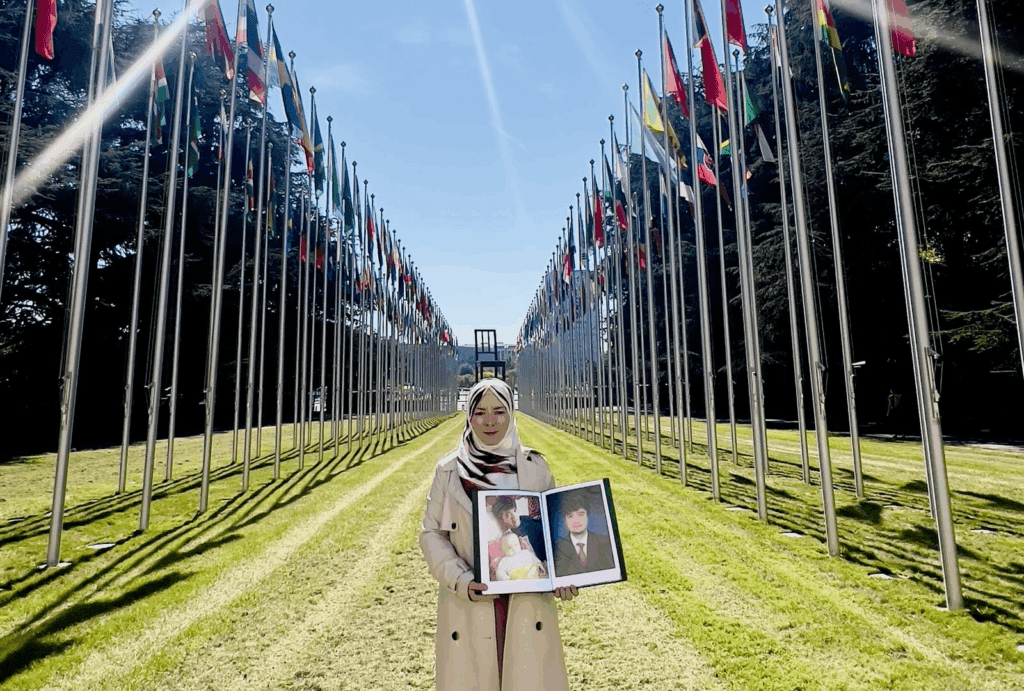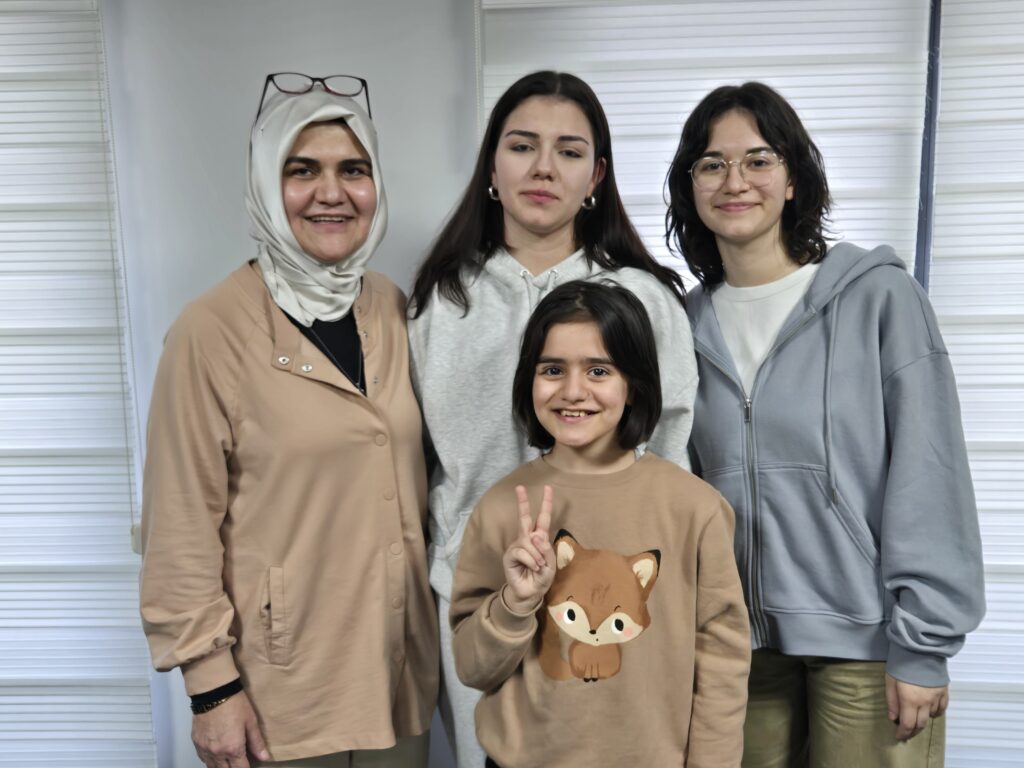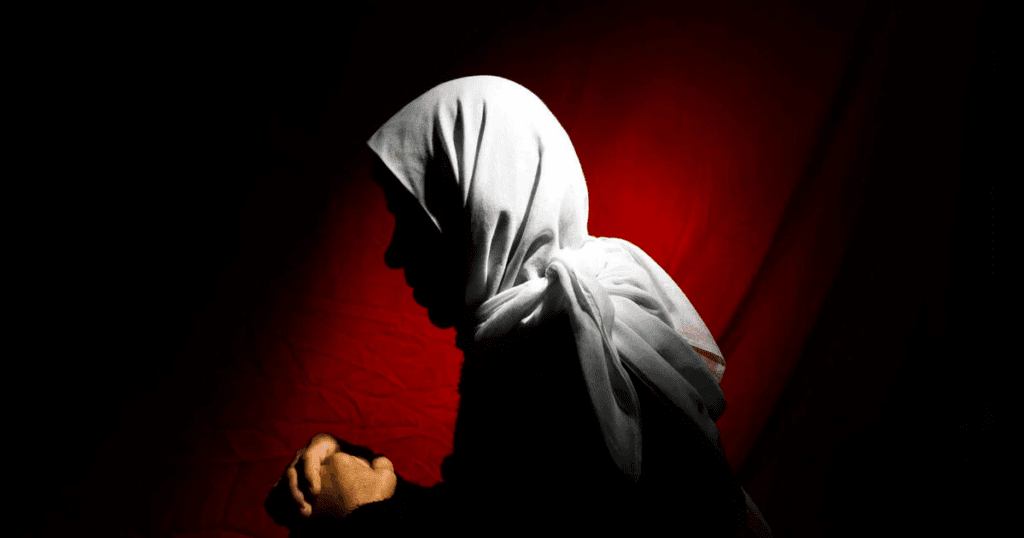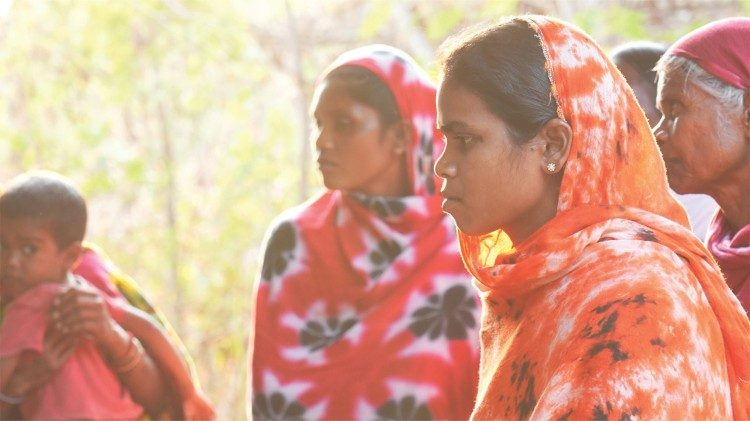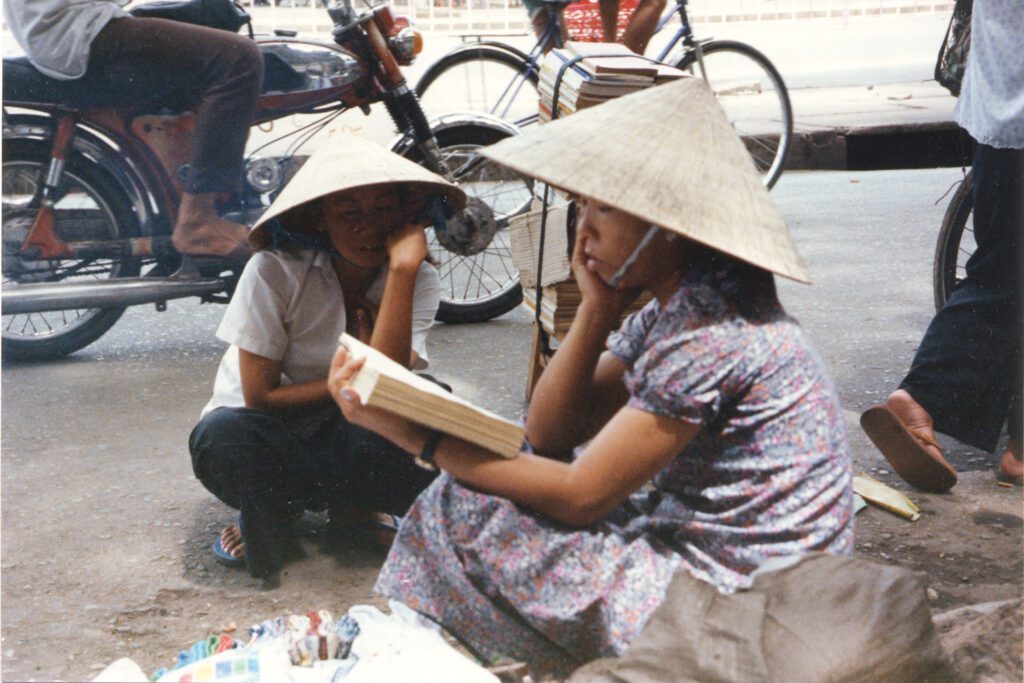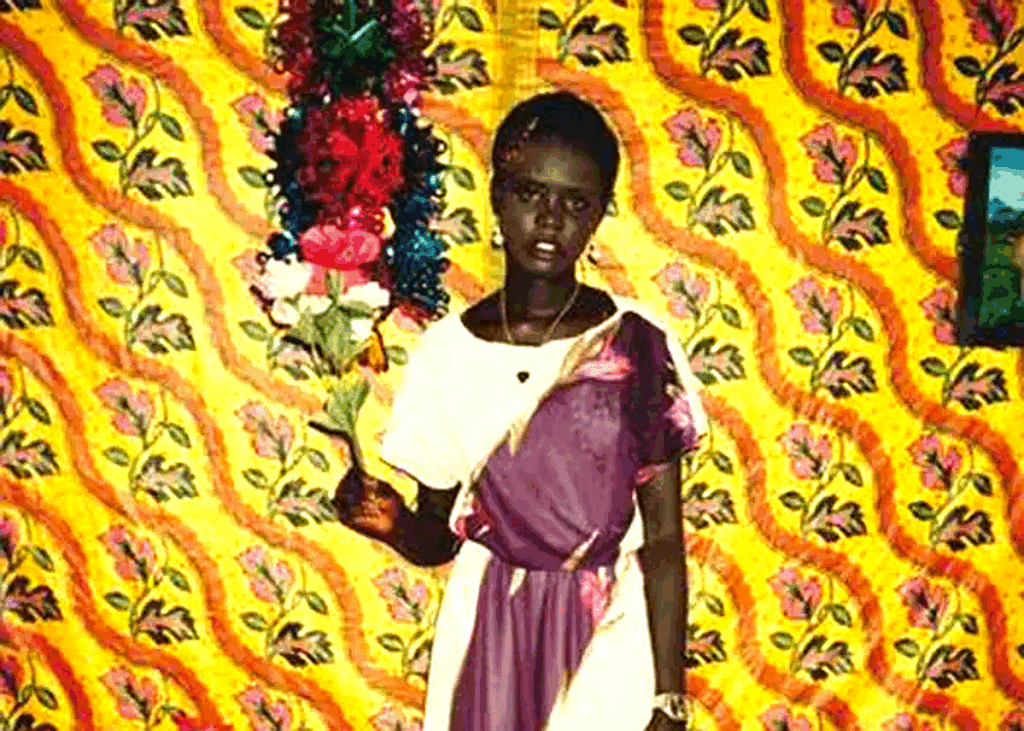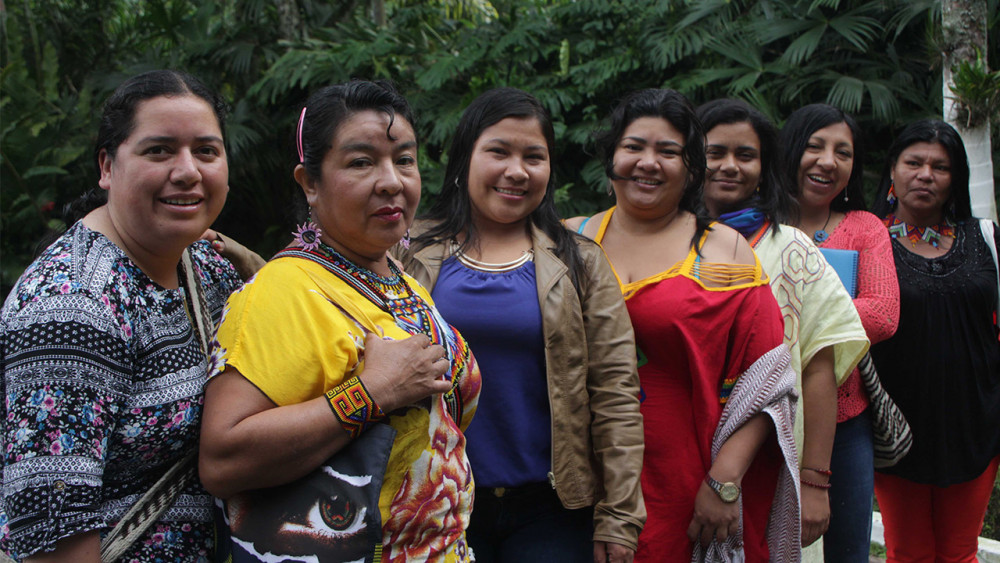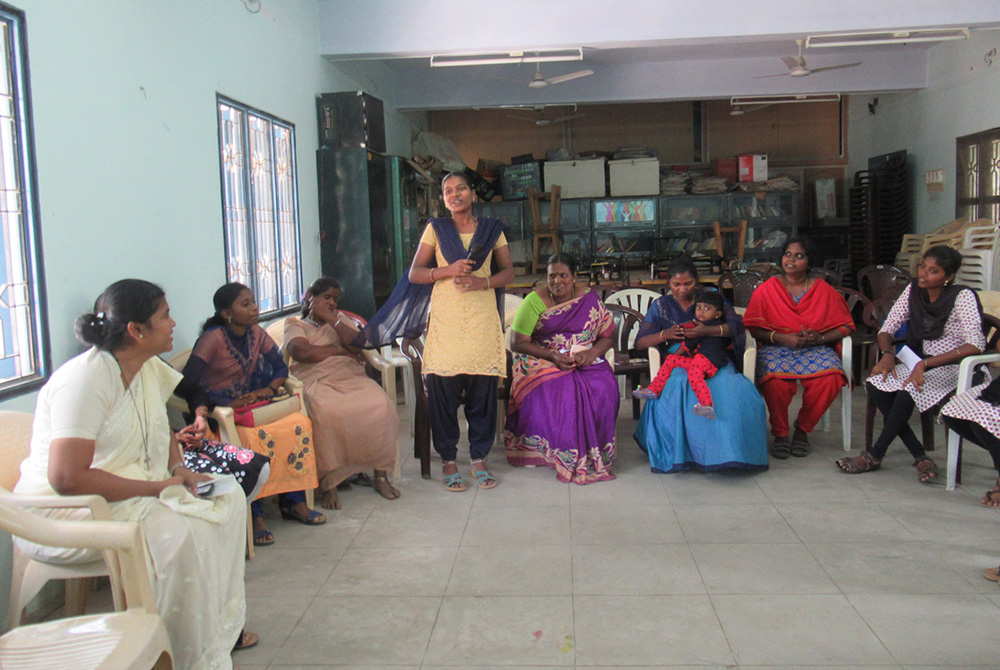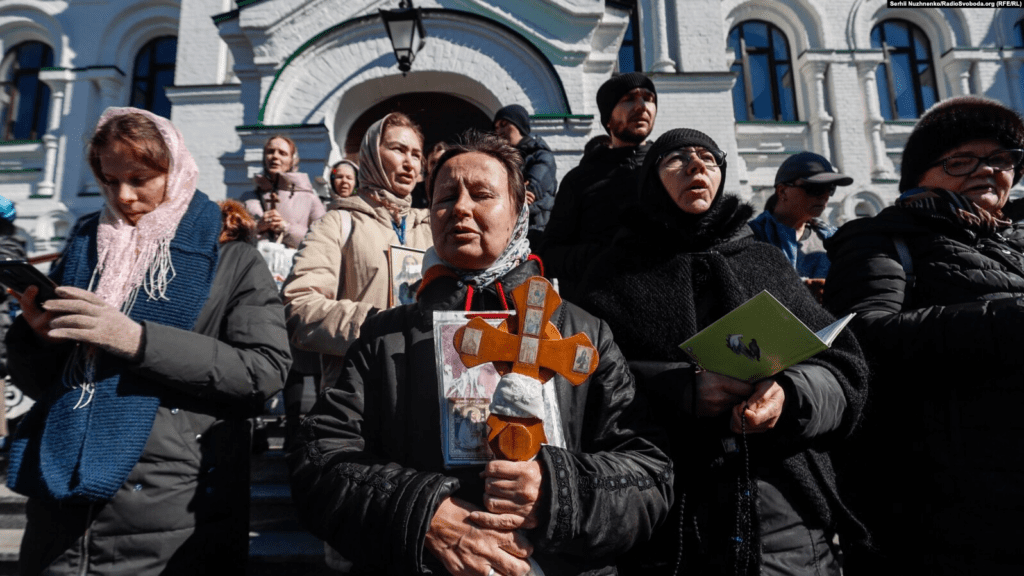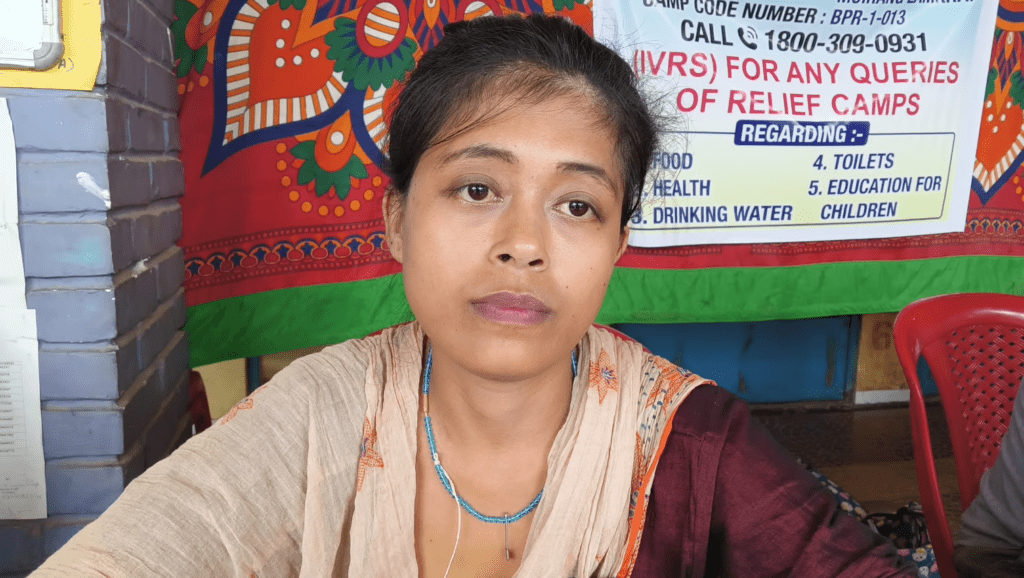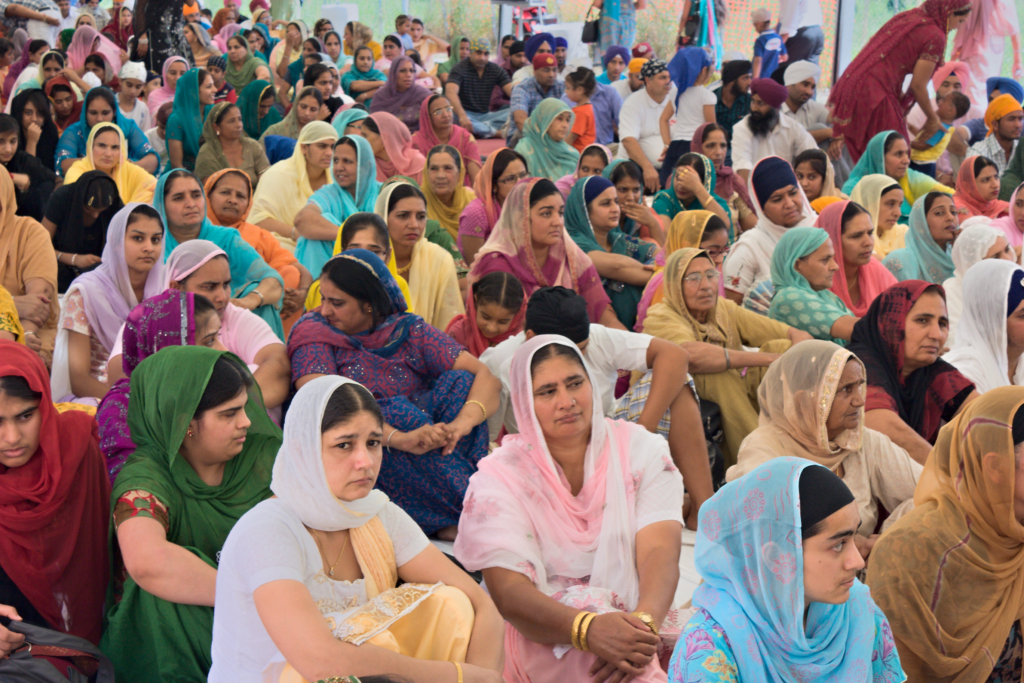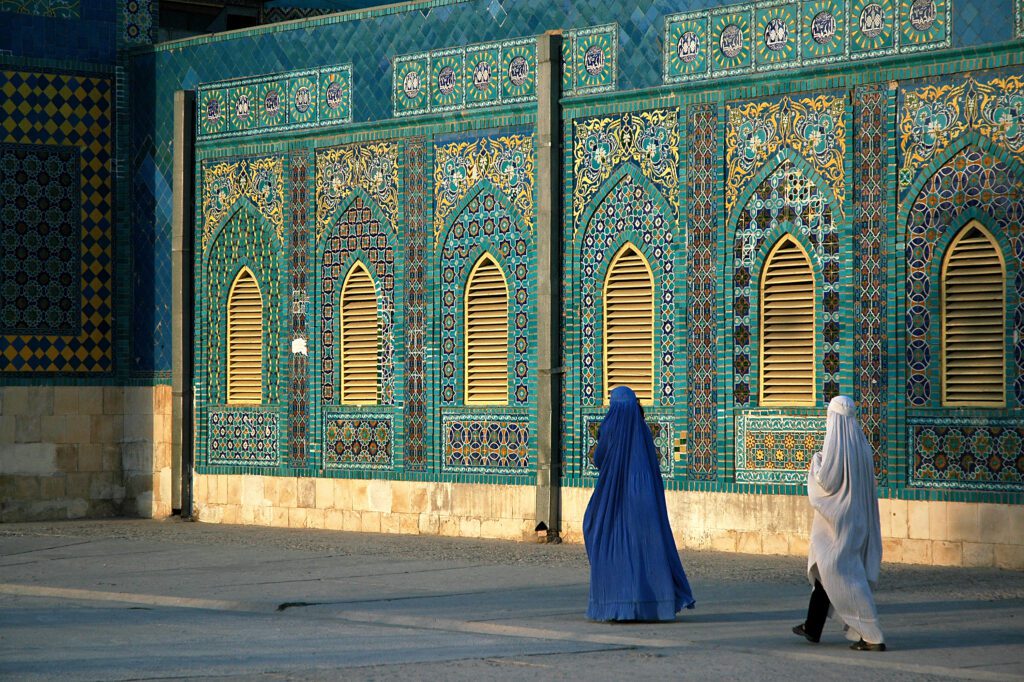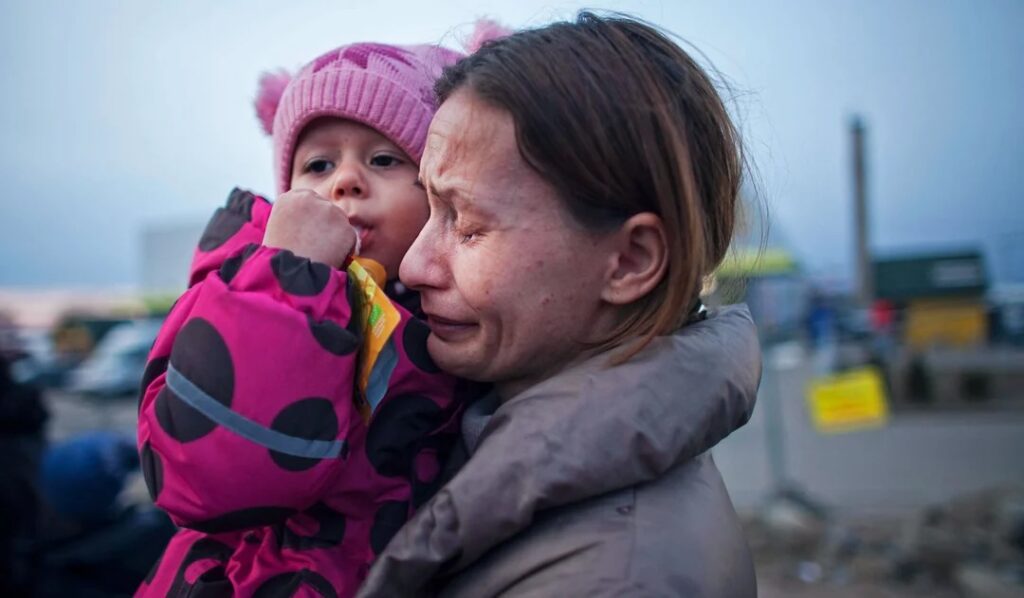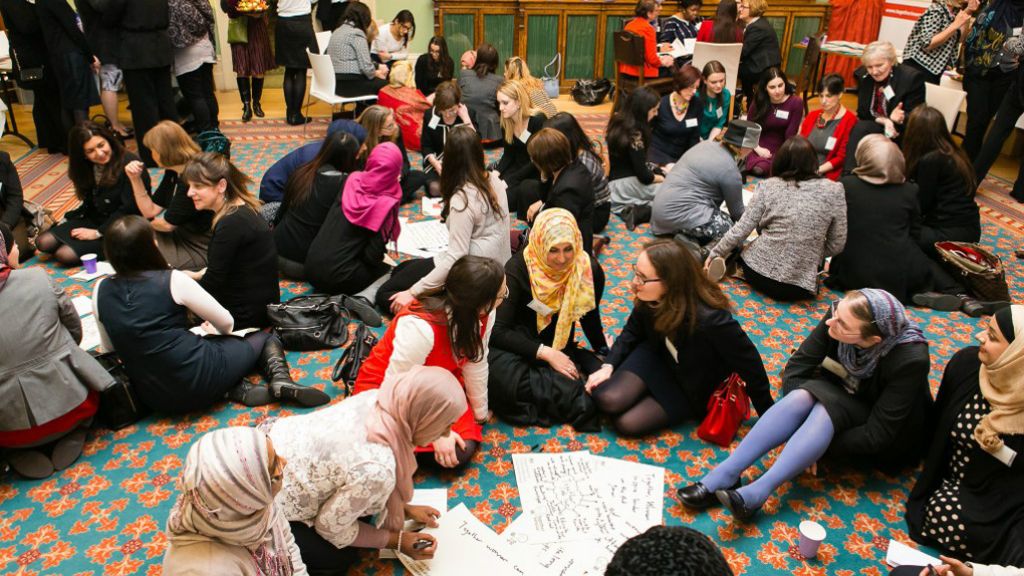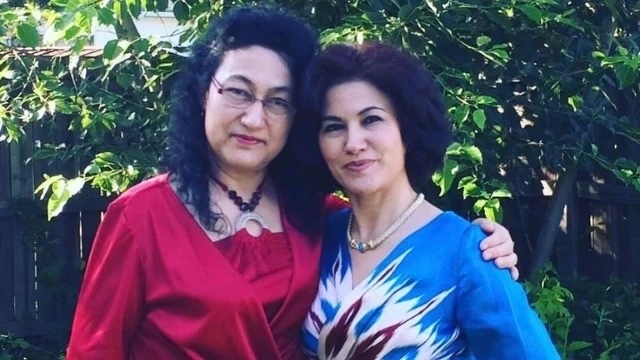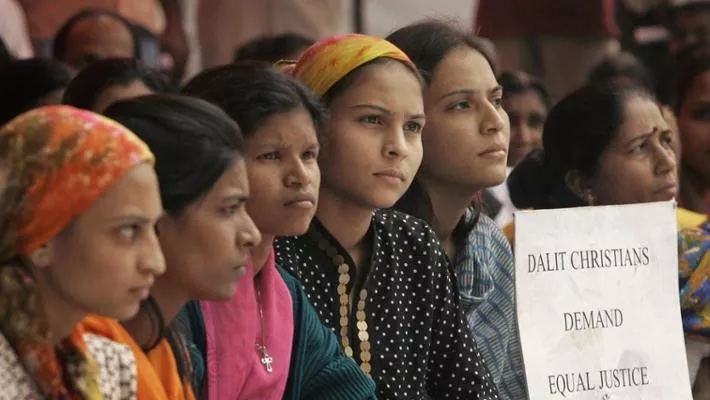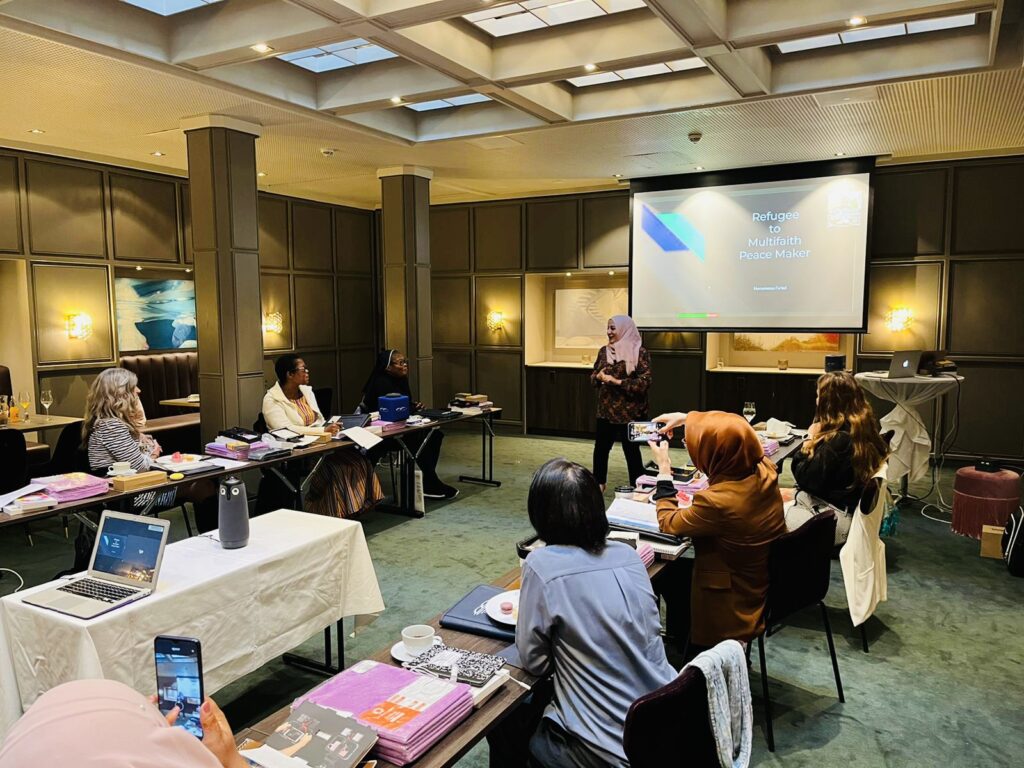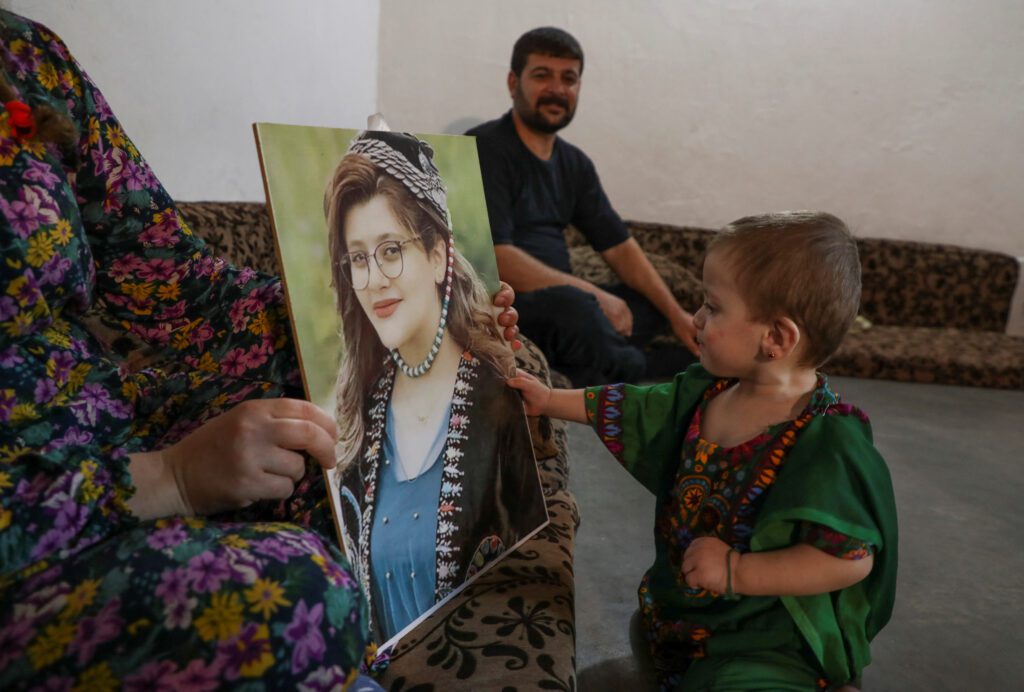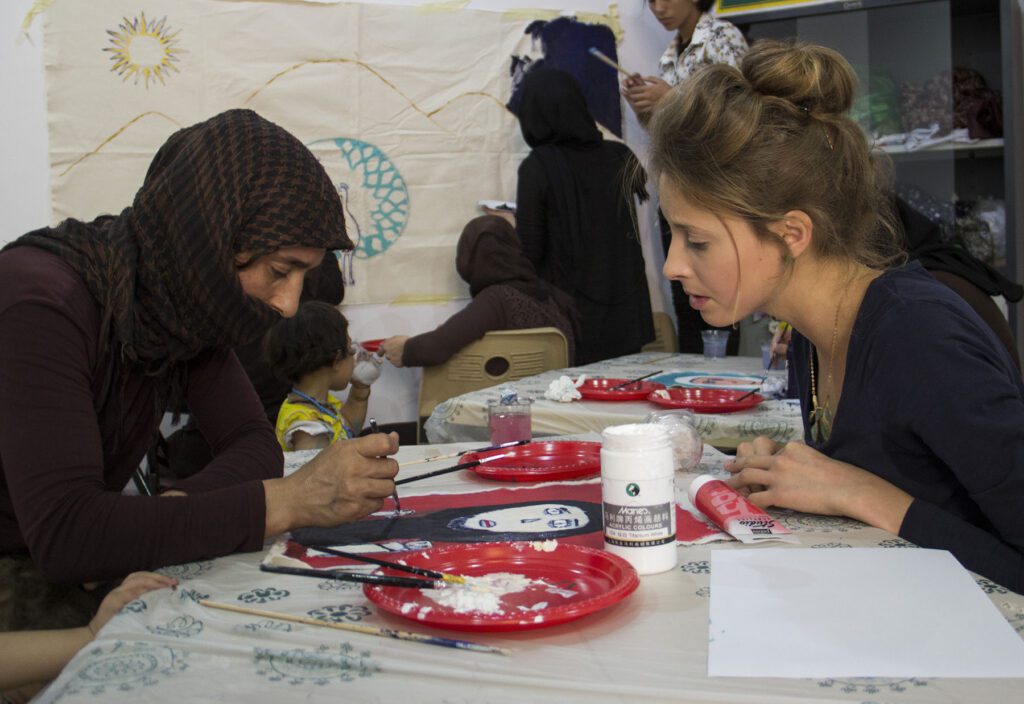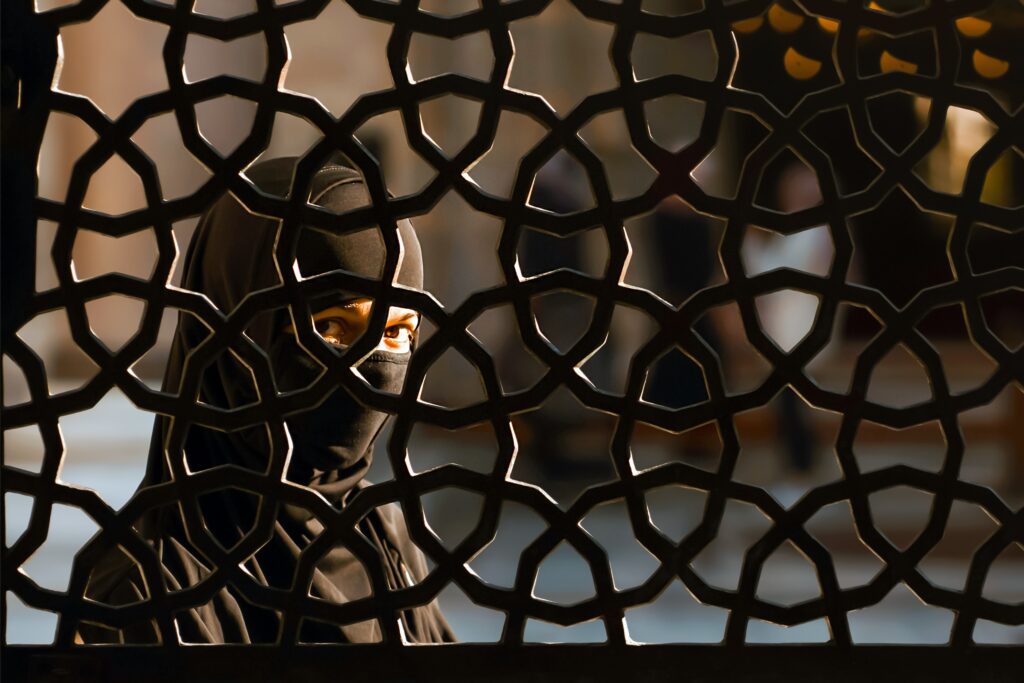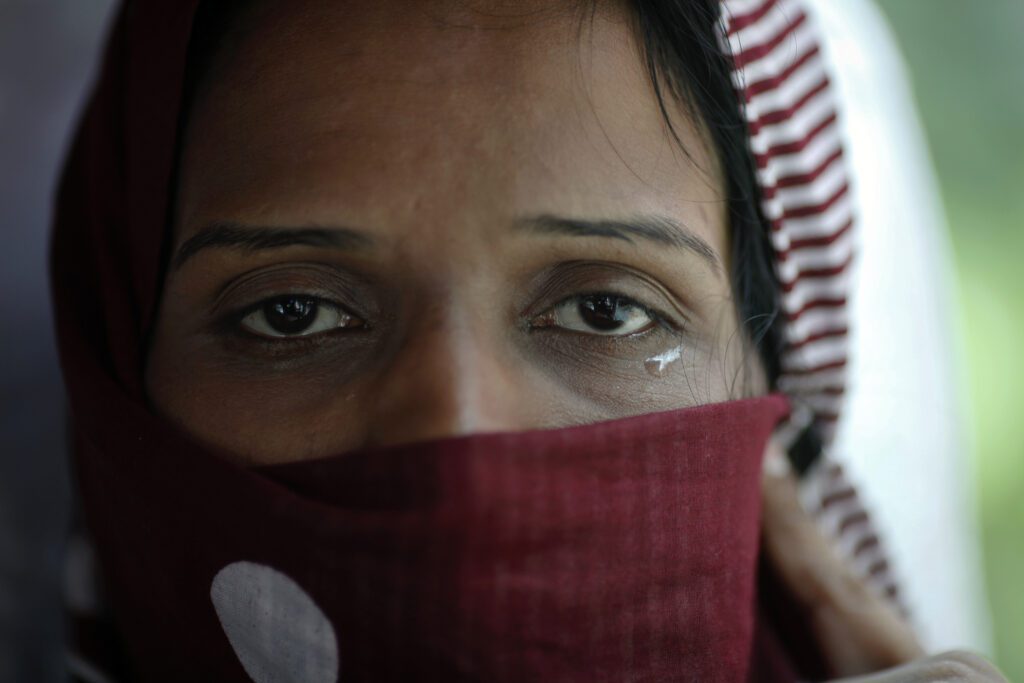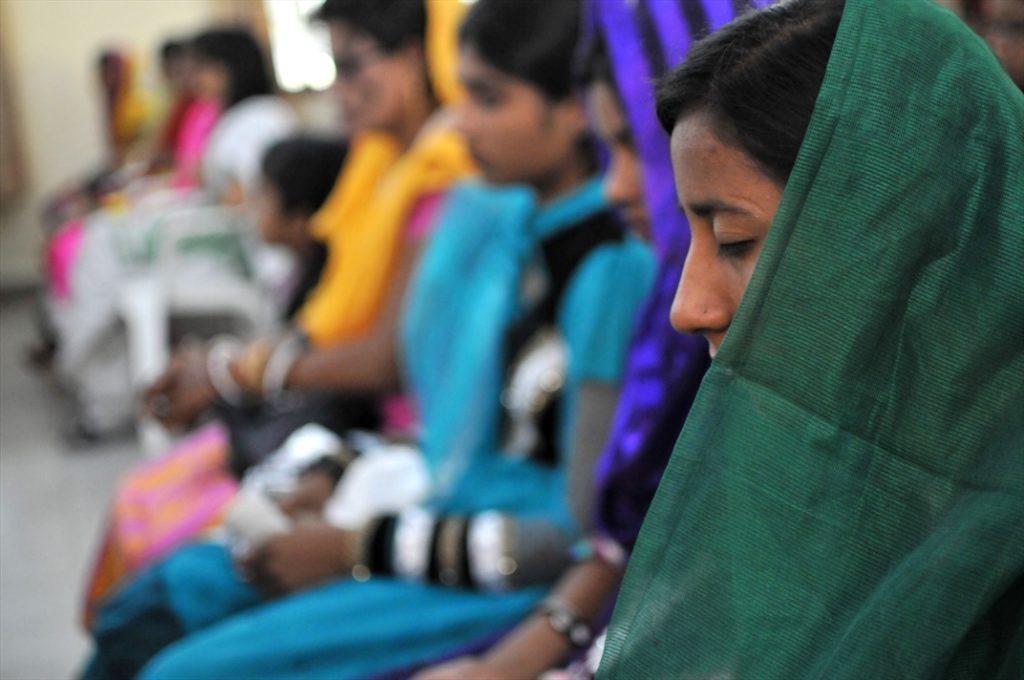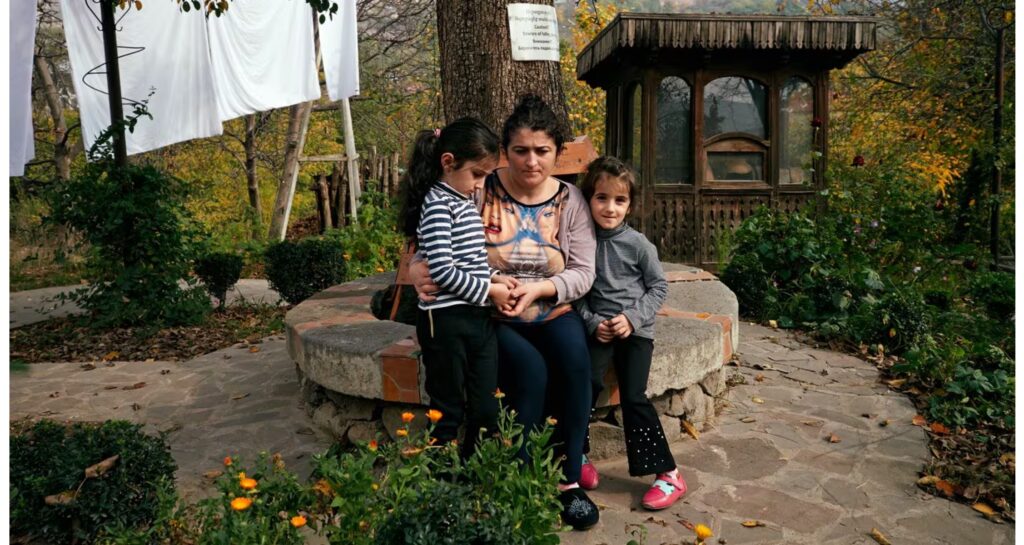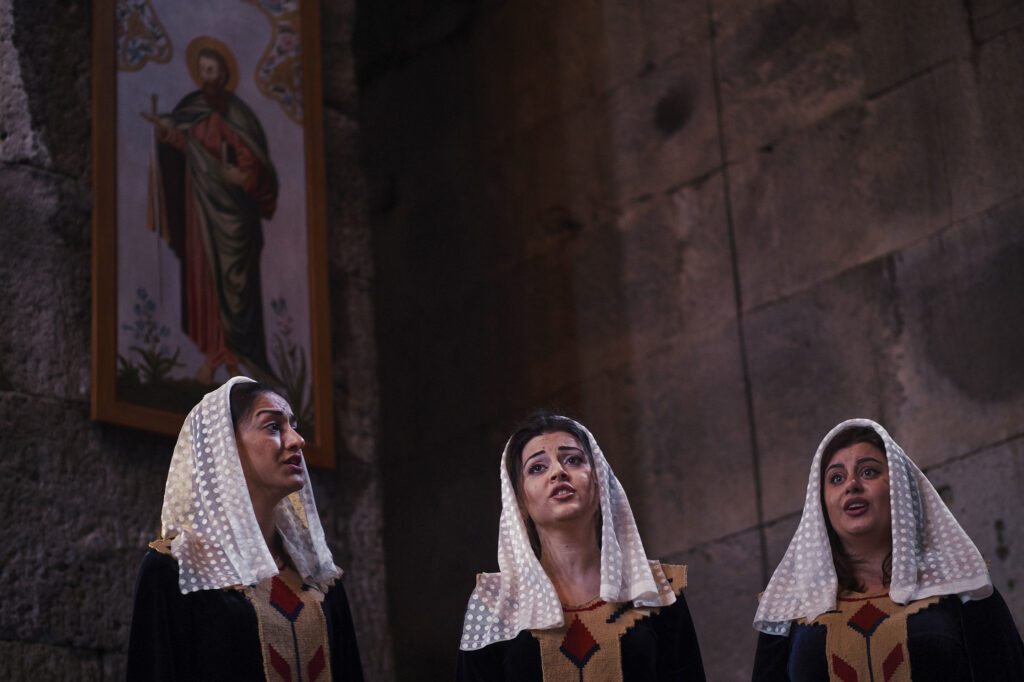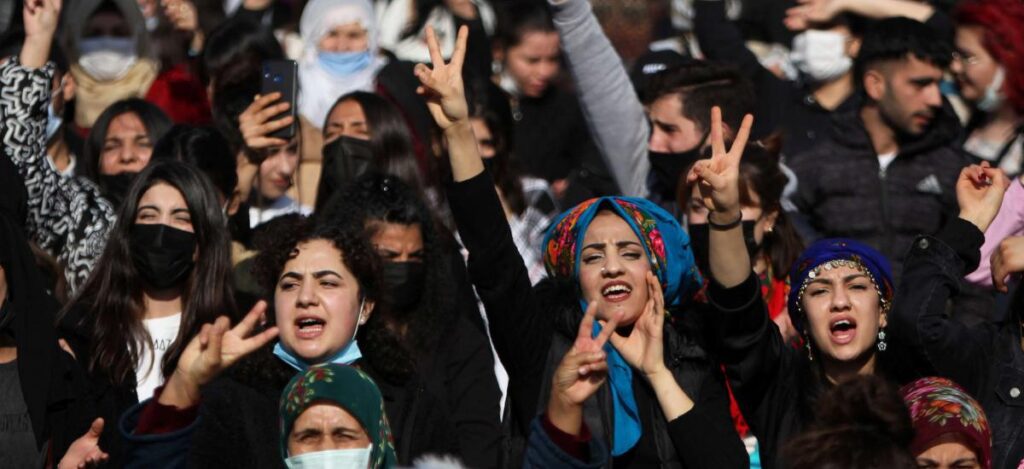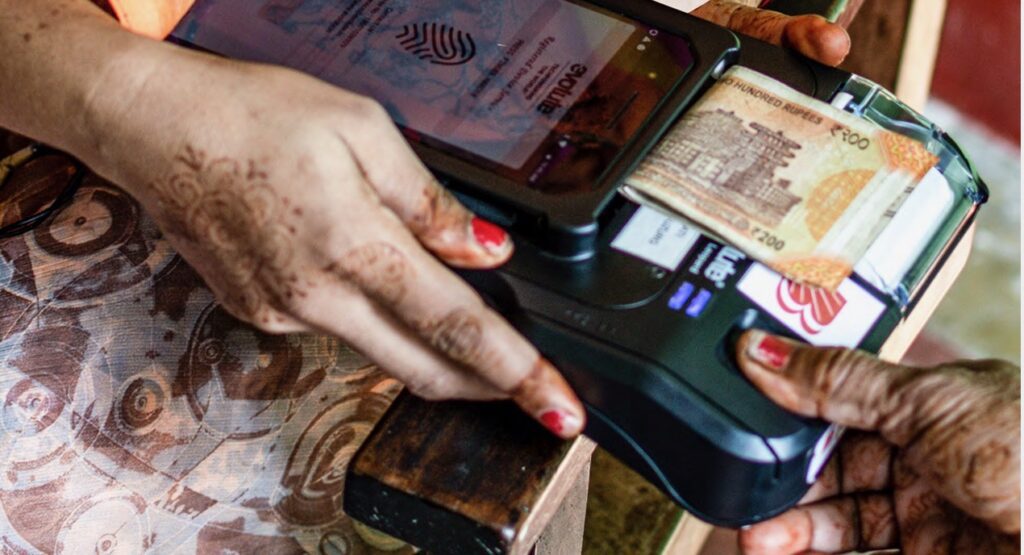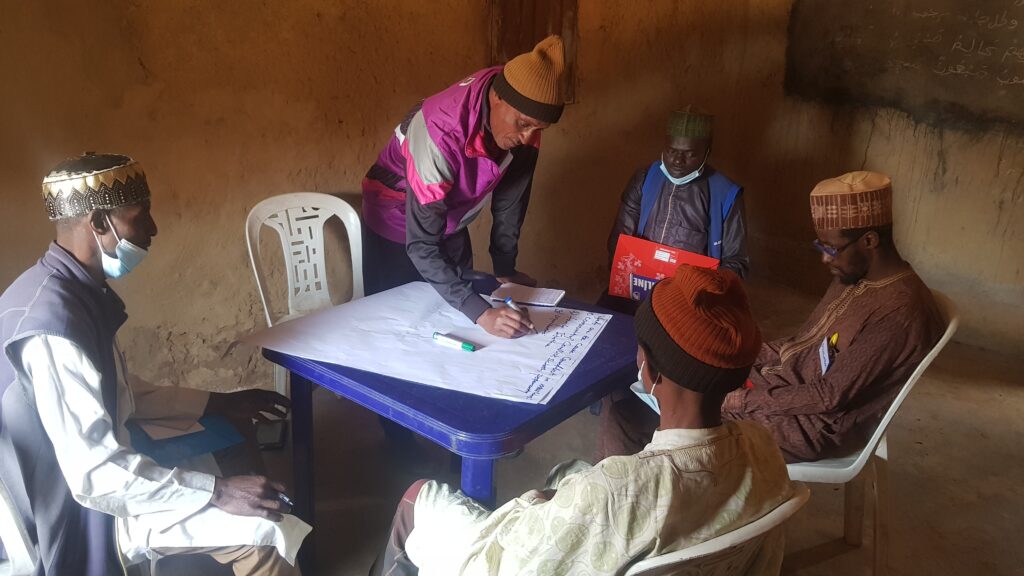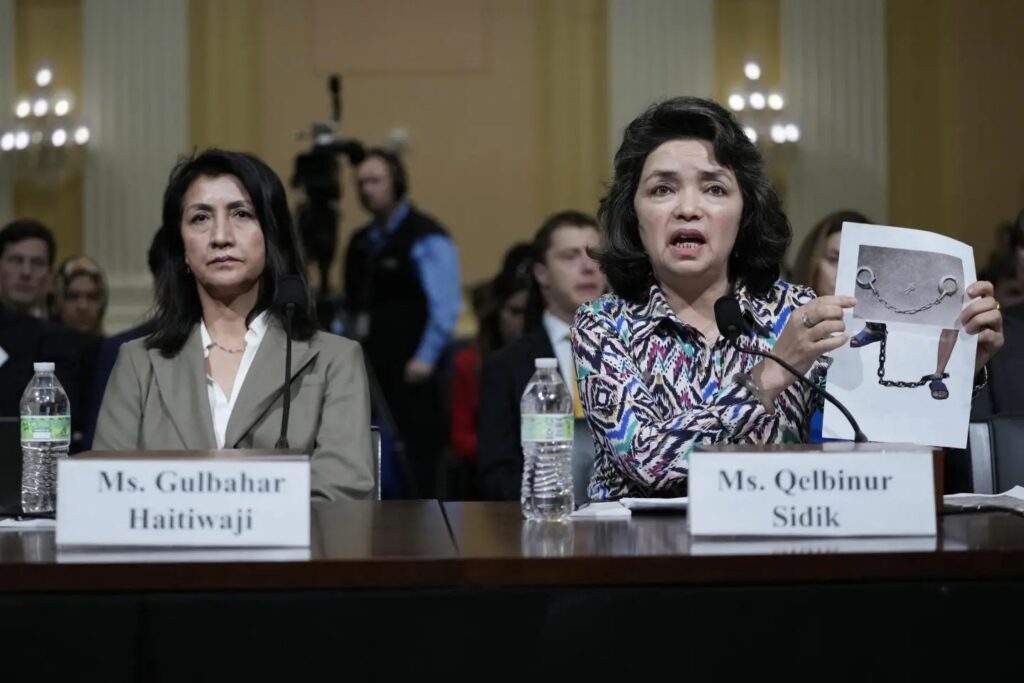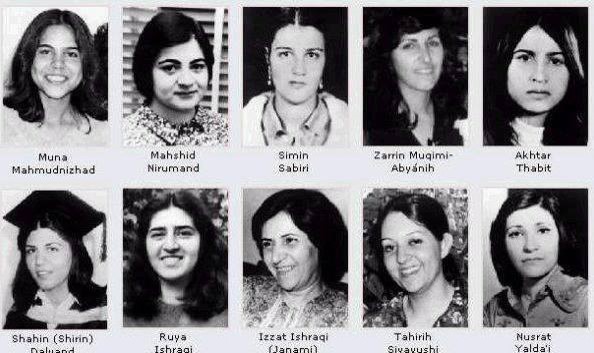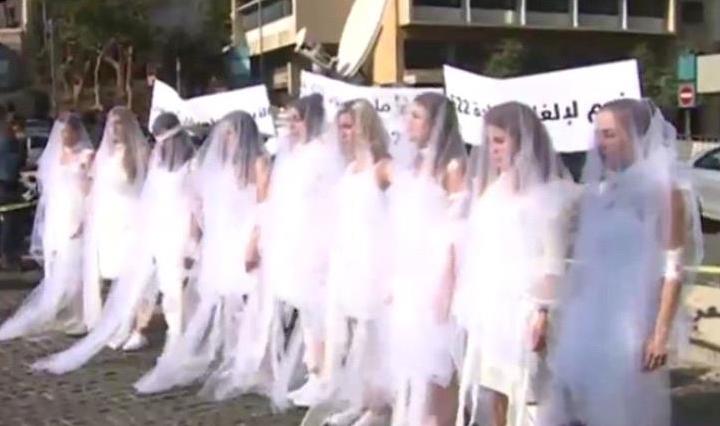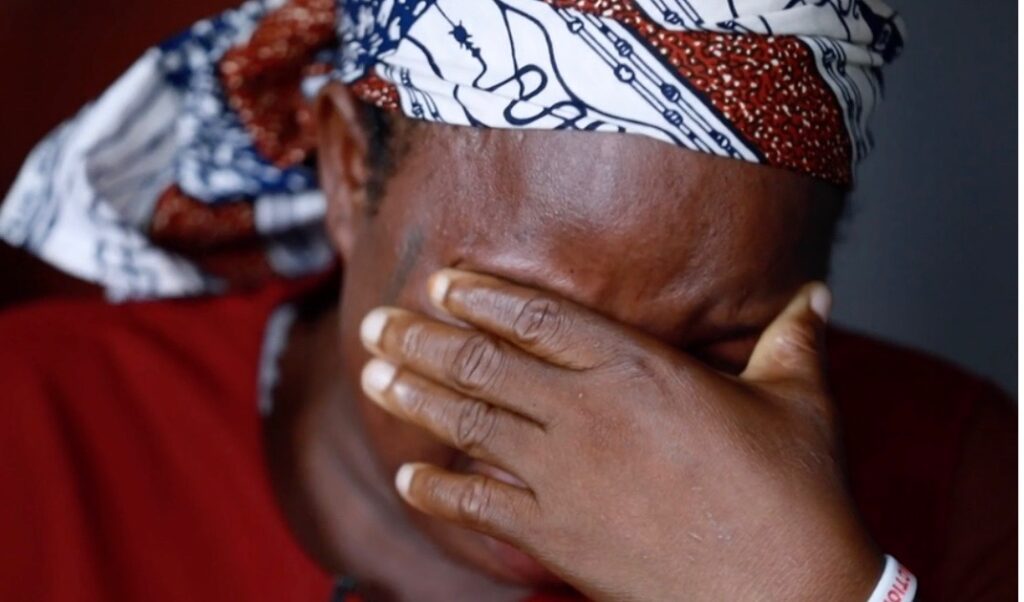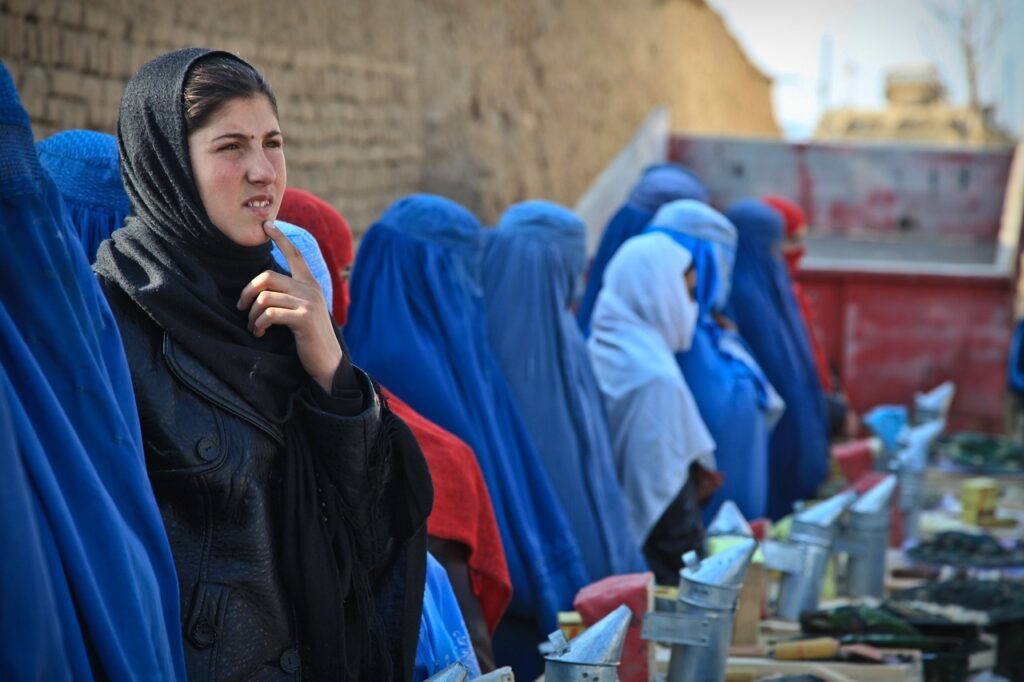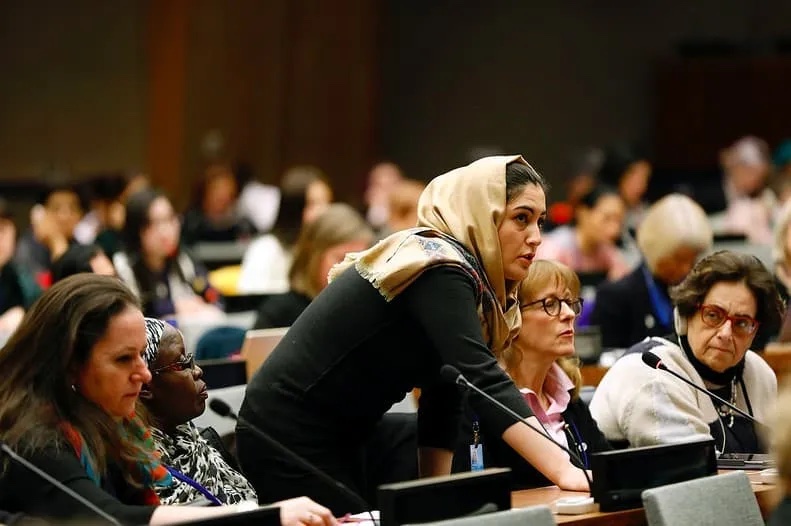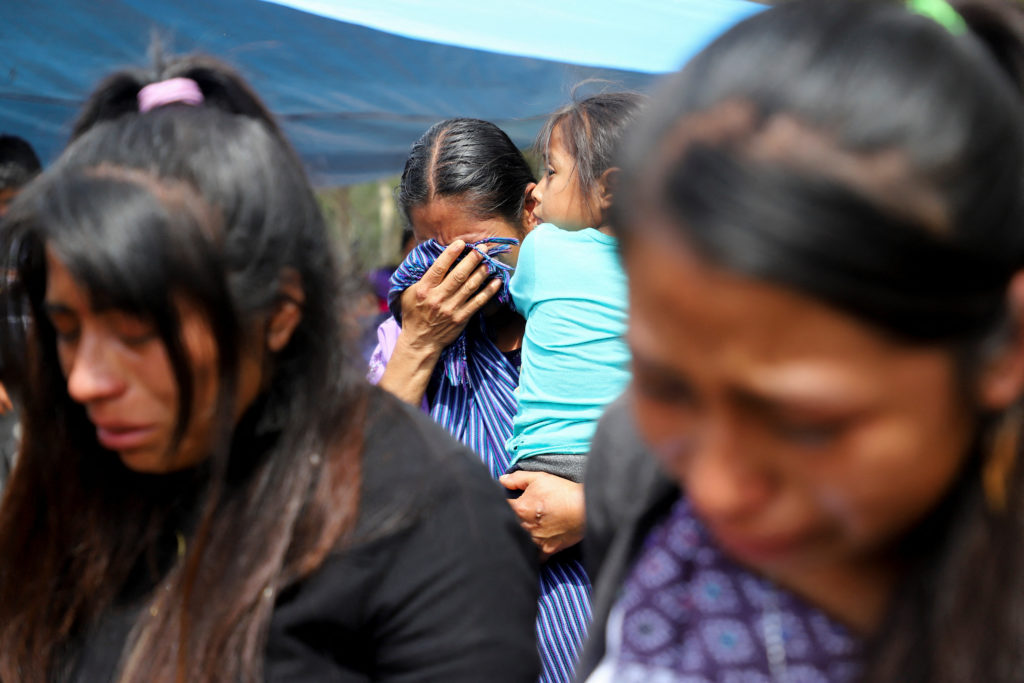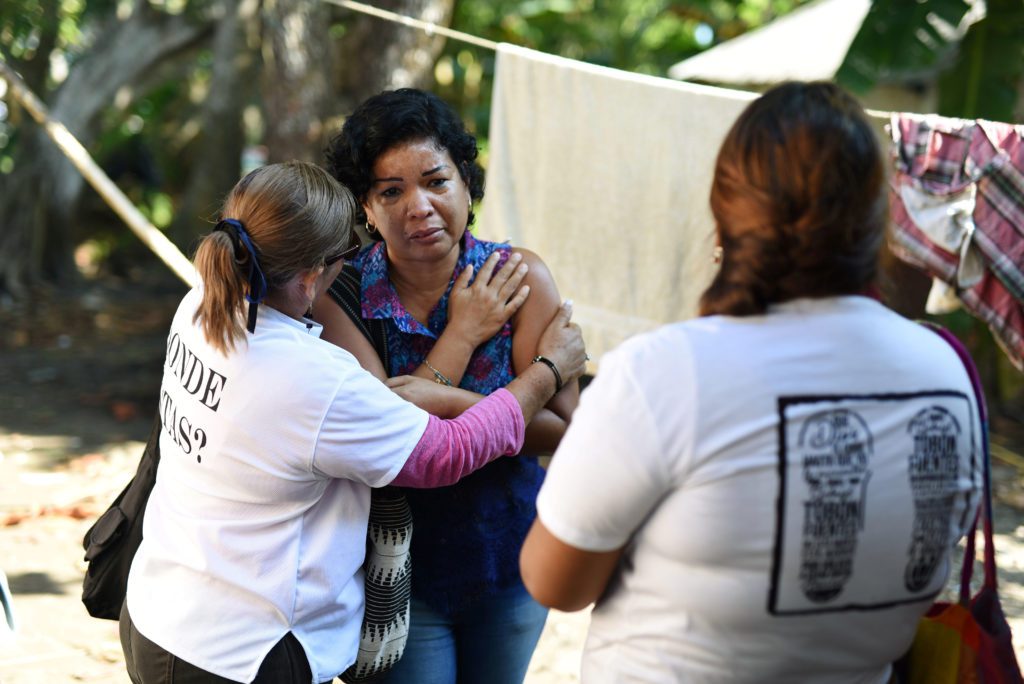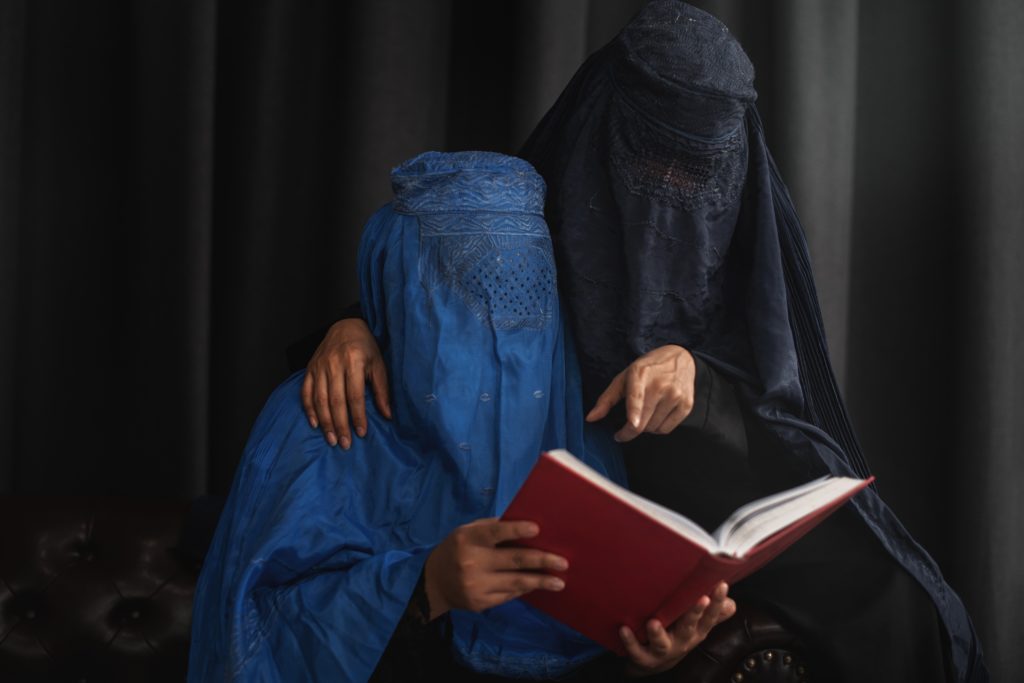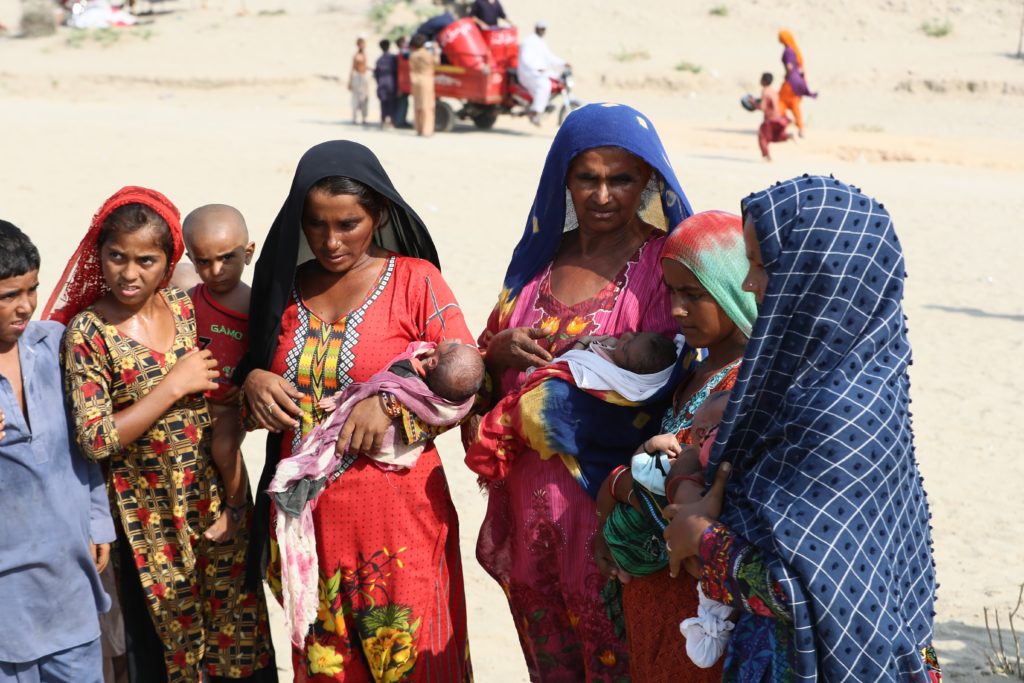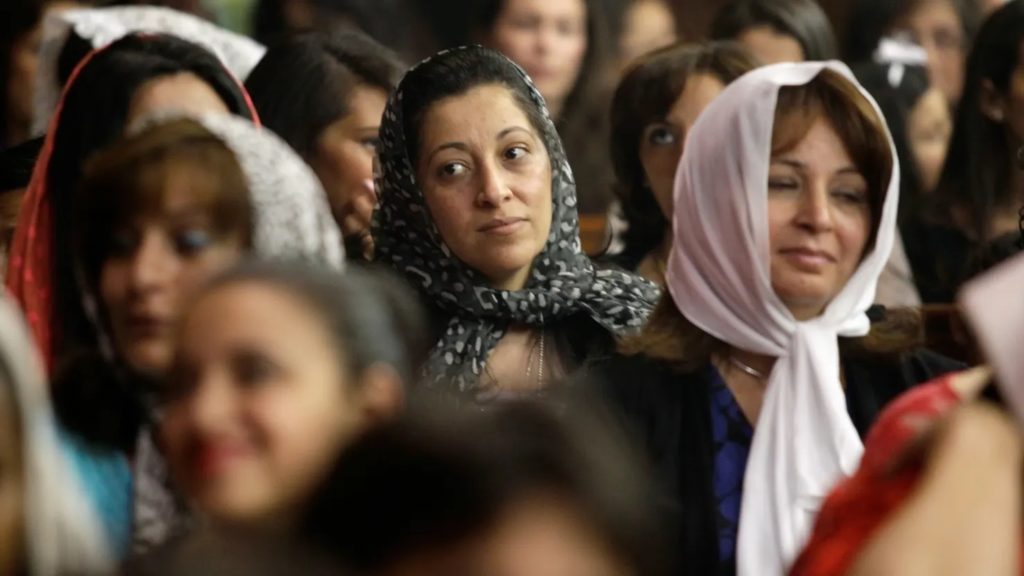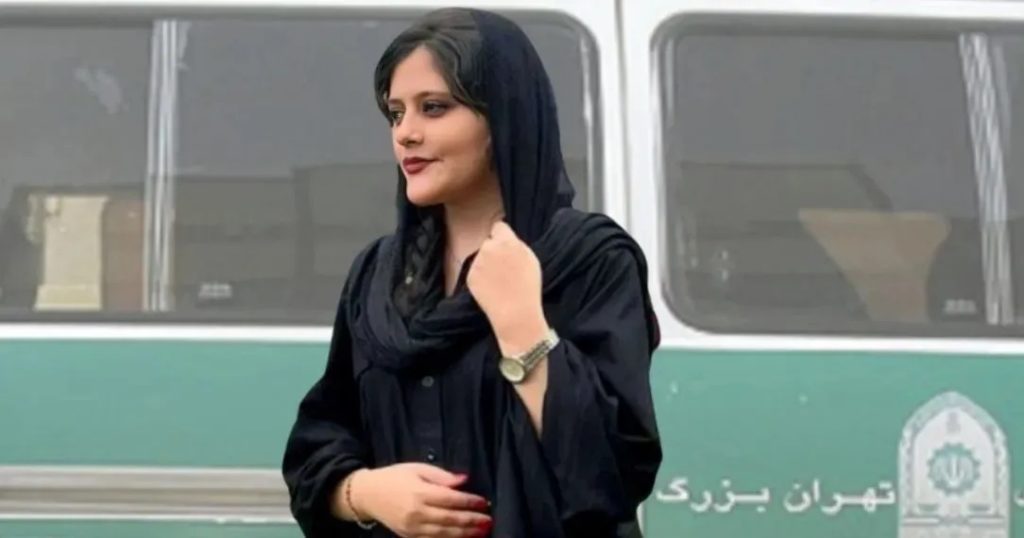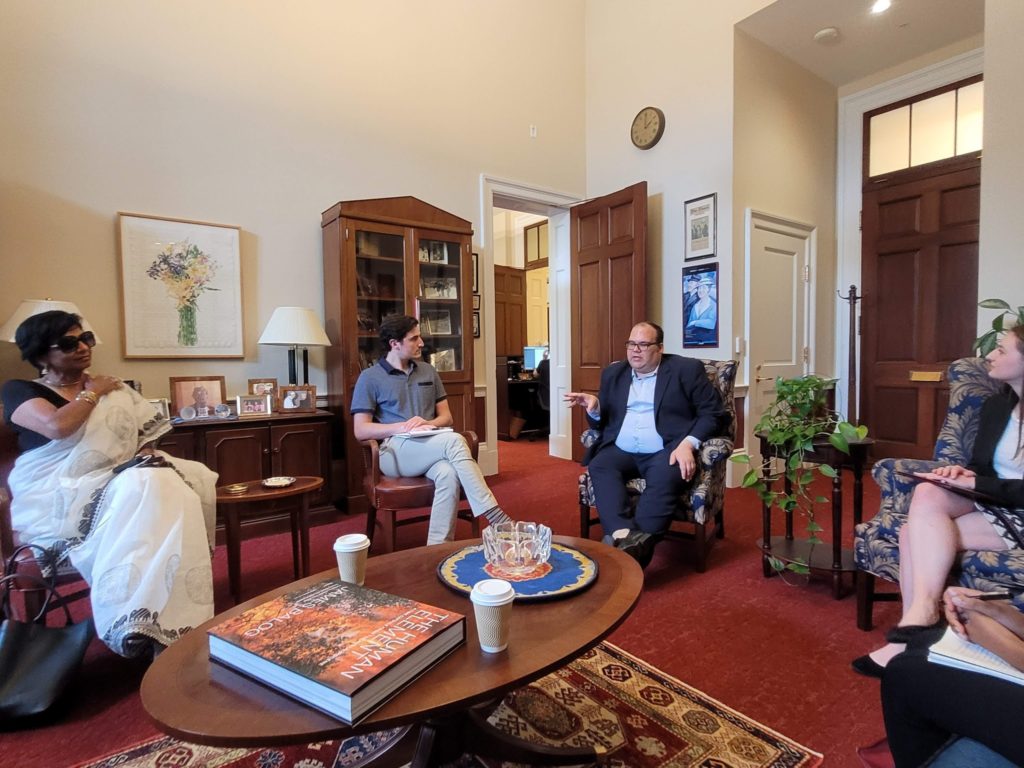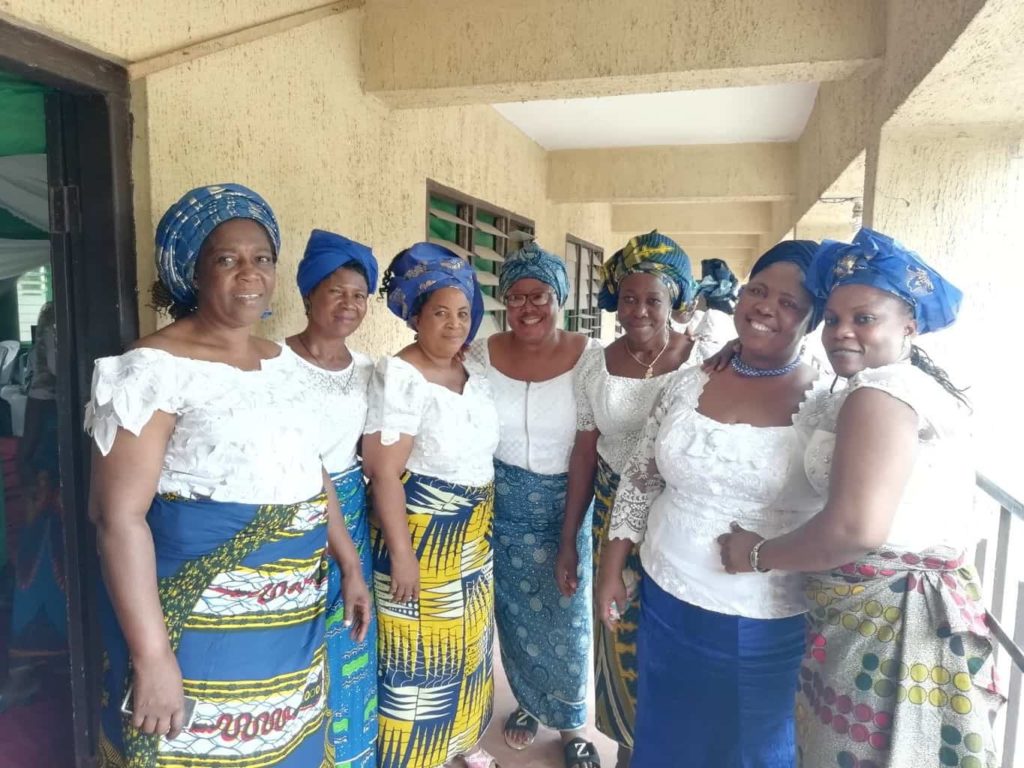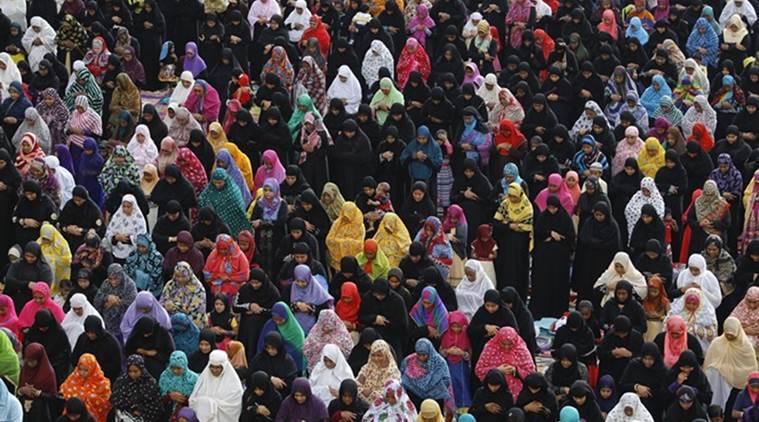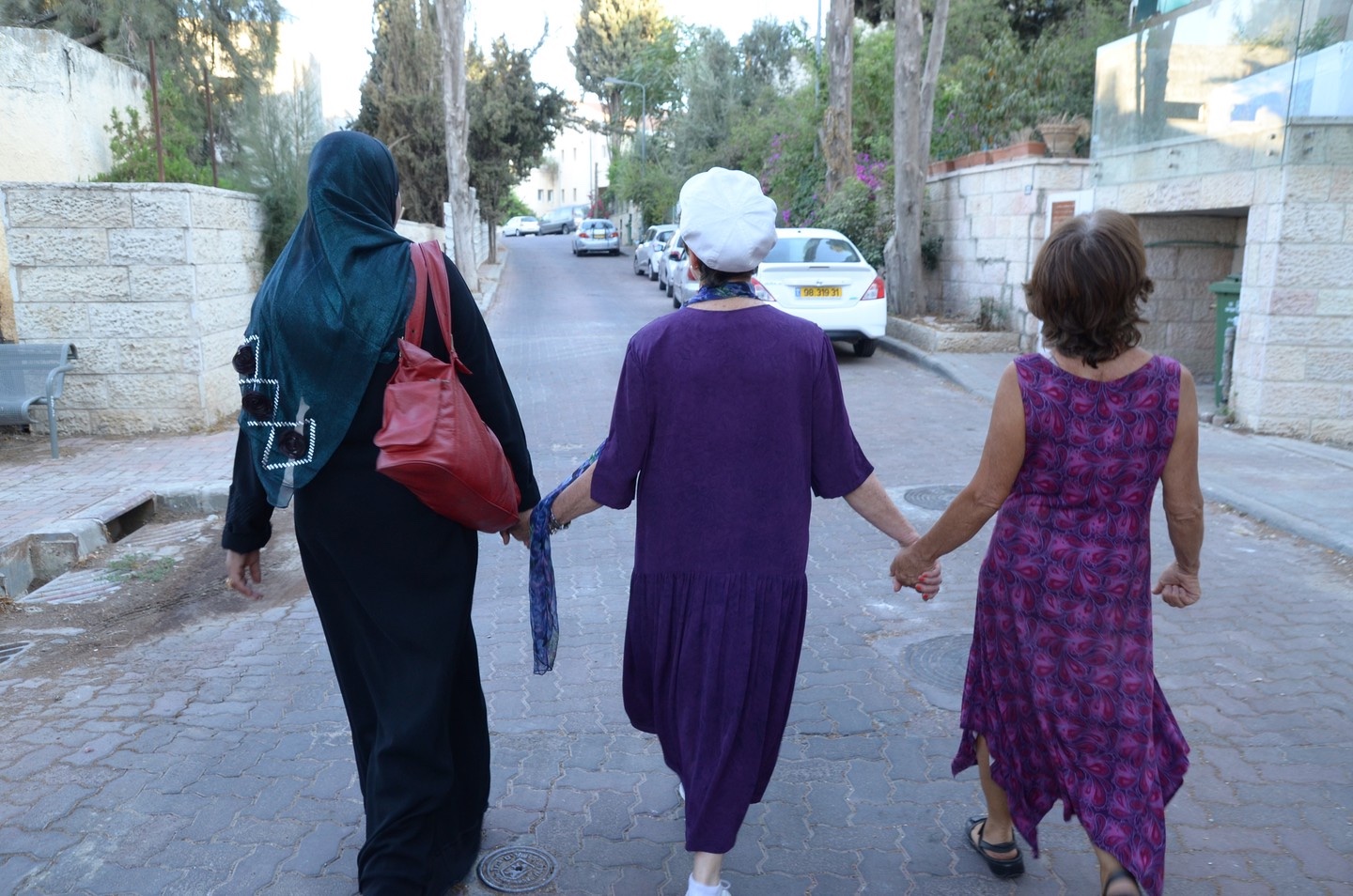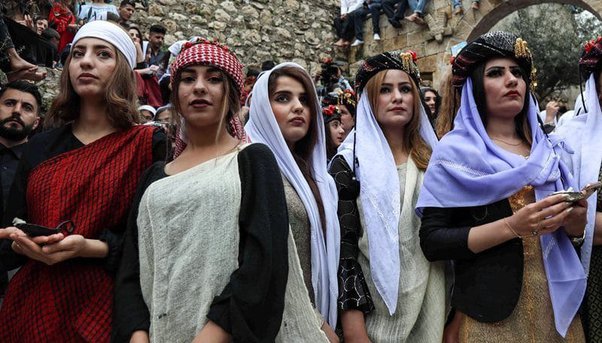Her name was Deborah Yakubu. She was 19 years old, the second of seven children, and a 2nd-year student of economics at Shehu Shagari College of Education in Sokoto State, northwestern Nigeria. She was a Christian in a part of Nigeria where most identify as Muslim. And now she is dead.
On May 12, 2022, a mob of male Muslim students stoned and beat her and after burning her body beyond recognition, recorded and then shared her murder widely on social media. Her “crime” was comments she posted on WhatsApp criticizing her Muslim classmate’s religion-related posts in a study group that she believed should focus only on academics. For that, her classmates condemned her for committing blasphemy against the Prophet Muhammad.
Blasphemy is “the act of insulting or showing contempt or lack of reverence for God.” Nigeria has blasphemy laws that punish expression or acts deemed blasphemous, defamatory of religions, or contemptuous of religion or religious symbols, figures, or feelings. These laws include punishments ranging from fines to imprisonment and death, incite riots and drive sectarian violence and mob killings, as it did in Deborah’s case, over alleged blasphemy against Islam.
No one should suffer draconian consequences or face intimidation for uttering words expressing one’s conscience or religious beliefs.
Blasphemy was the kindling fueling Deborah’s murder, as it has subsequent violence in Sokoto and at other times and places in Nigeria. Hundreds protested the arrest of two students for her murder, with some attacking the palace of Muhammad Sa’ad Abubakar, the sultan of Sokoto and the highest spiritual figure among Nigerian Muslims after he condemned the killing and demanded justice for the perpetrators. The mob reportedly also attacked and destroyed properties belonging to Christians. While the protests reportedly ended after a curfew was announced, the city remains tense.
Despite the Sultan’s condemnation, along with that of several Islamic leaders, other Islamic clerics and Muslims instead reprimanded Deborah, and still, others are being cautious, fearful of repercussions. A former Nigerian vice-president and front-running presidential candidate in the upcoming 2023 presidential elections, Atiku Abubakar, while initially condemning the murder, deleted his tweet, reportedly after he was threatened and denounced. Muhammadu Buhari, Nigeria’s current president who is term-limited and cannot seek re-election to a third term, did condemn her murder.
There should be no more killings or intimidation in the name of protecting God, religion and “the sacred.” The Sokoto State and federal government, along with the Nigerian police force and judiciary, must ensure that all involved in Deborah’s death are apprehended and face the full force of the law, and vigorously confront vigilante violence whenever it erupts. Nigeria also should repeal its blasphemy laws. Short of repeal, these laws must be reformed to address some of the worst injustices, including criminalizing false accusations of blasphemy and releasing and protecting those falsely charged.
Meanwhile, Deborah’s remains were laid to rest in her hometown, Tunga Magajiya, in Rijau Local Council of Niger State, with her uncle, a pastor, leading the prayers. A hashtag campaign, #JusticeforDeborah, subsequently was launched, and Nigerian Christians held a national remembrance for her. Deborah leaves behind her parents and siblings, other family members, a grieving community, and a country whose very fabric of blasphemy is tearing apart.
Judith Golub is a global advocate for international religious freedom and a co-founder of FoRB Women’s Alliance.
Disclaimer: The views and opinions expressed in this article are those of the authors and do not necessarily reflect the official policy or position of FoRB Women’s Alliance.

